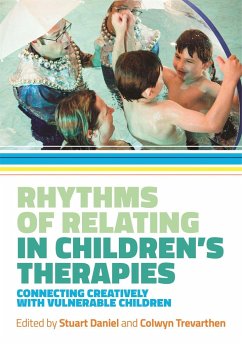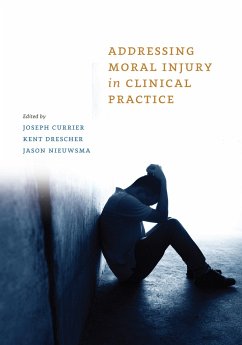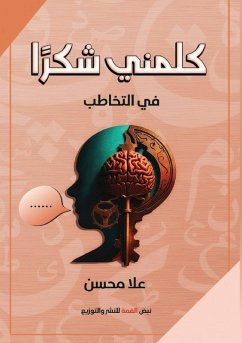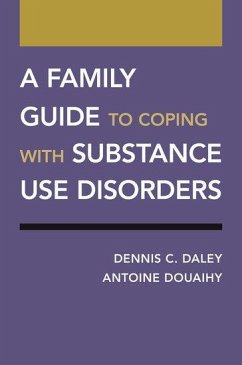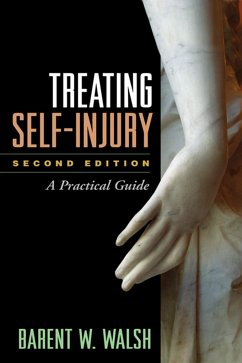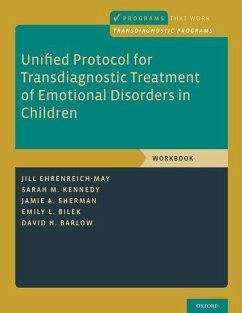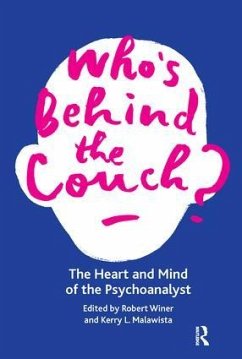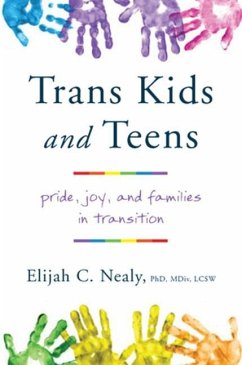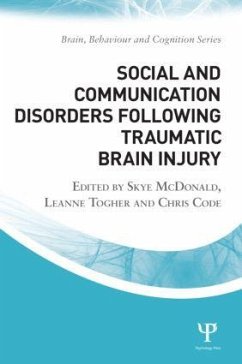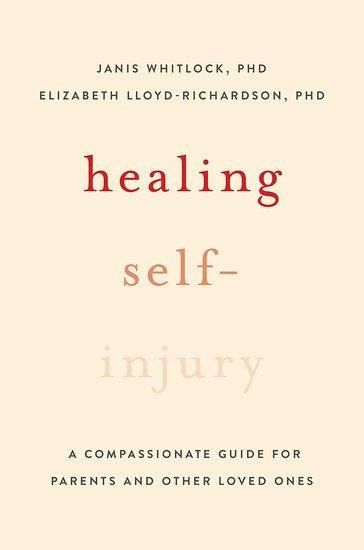
Healing Self-Injury
A Compassionate Guide for Parents and Other Loved Ones
Versandkostenfrei!
Versandfertig in über 4 Wochen
18,99 €
inkl. MwSt.
Weitere Ausgaben:

PAYBACK Punkte
9 °P sammeln!
Parents who discover a teen's self-injurious behavior are gripped by uncertainty and flooded with questions - Why is my child doing this? Is this a suicide attempt? What did I do wrong? What can I do to stop it? And yet basic educational resources for parents with self-injuring children are sorely lacking. Healing after Self-Injury provides desperately-needed guidance to parents and others who love a young person struggling with self-injury.





